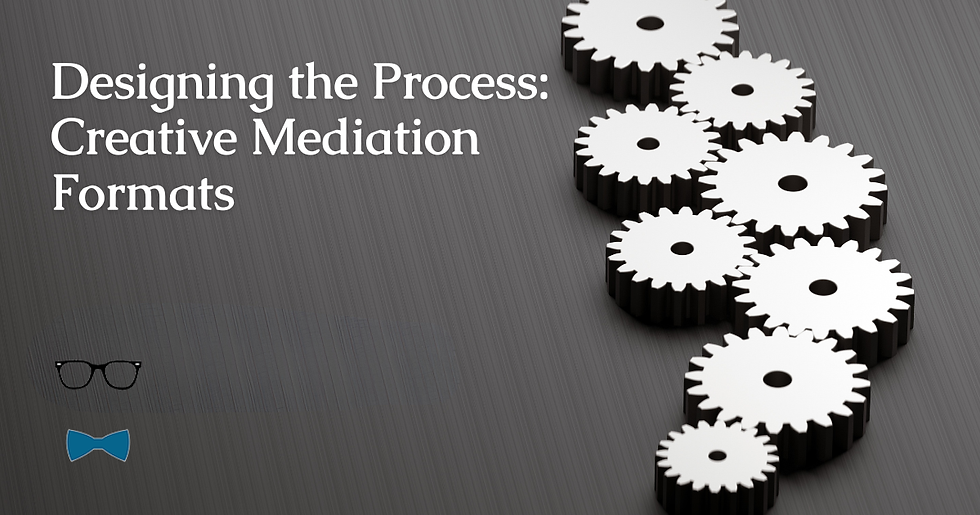Preparing Yourself for Mediation
- Cooper Shattuck

- Dec 15, 2023
- 2 min read

If you talk to mediators, you will learn how few attorneys effectively prepare for mediation. Many lawyers see a day of mediation as a great way to catch up on other work. Unfortunately, in speaking to attorneys, I find that there are more than a few mediators out there who fail to prepare, as well. Effective preparation can save hours at a joint mediation session and can significantly increase the chances of reaching a wise negotiated outcome.
What should be done in preparing for a mediation? Below are a few things to consider.
1. Review your case.
Re-familiarize yourself with the pleadings, claims, defenses, status of discovery, outstanding discovery, pretrial schedule, etc. This is an obvious first step, but you would be surprised how many people don’t do it.
2. Gather all important facts (not just evidence).
Getting the necessary evidence together is obviously critical. It saves time hunting for it at the mediation. But remember that the mediation is confidential as are matters shared there. Don’t just focus on the evidence and the discovery, but the other documents, information, calculations, photos, etc., that might not be legally admissible or even legally relevant, but which could have some bearing on a settlement. Perhaps they help illustrate potential resolutions, needs, interests, etc., or maybe they help humanize a party. They may be things that you want to share with the other side or maybe just the mediator to give him a better picture of some facet of the case or means of settling it.
3. Evaluate your client’s BATNA (Best Alternative to a Negotiated Agreement).
Work through an analysis of what is likely to happen if your client doesn’t settle the dispute. What is a court likely to do? What factors could impact that outcome? How much weight do you give to them? What are the ranges of a verdict or decision? Why? Considering this analysis, what is a reasonable range for settlement? How does the other side view the case and why? Perhaps they don’t have the same evidence that you do. How would their having or not having it impact their evaluation? What is the ZOPA (Zone of Possible Agreements)?
4. How might you fashion principled offers?
Principled offers are better received than traditional positional bargaining. What might form the basis of principled offers in your case? Come up with some items to serve as the basis for calculating your moves at the mediation. Brainstorming with the client might be helpful here.
5. Who needs to be present for the mediation?
While the court rules and a court order might stipulate who can and cannot be at a mediation, mediators and effective negotiators would agree that having everyone there than can contribute to effective and efficient meaningful negotiations need to be there. And where there is the will, there is a way. Think about who you really need there. Don’t assume that you need someone there because of their position when having them there is not productive.






Comments